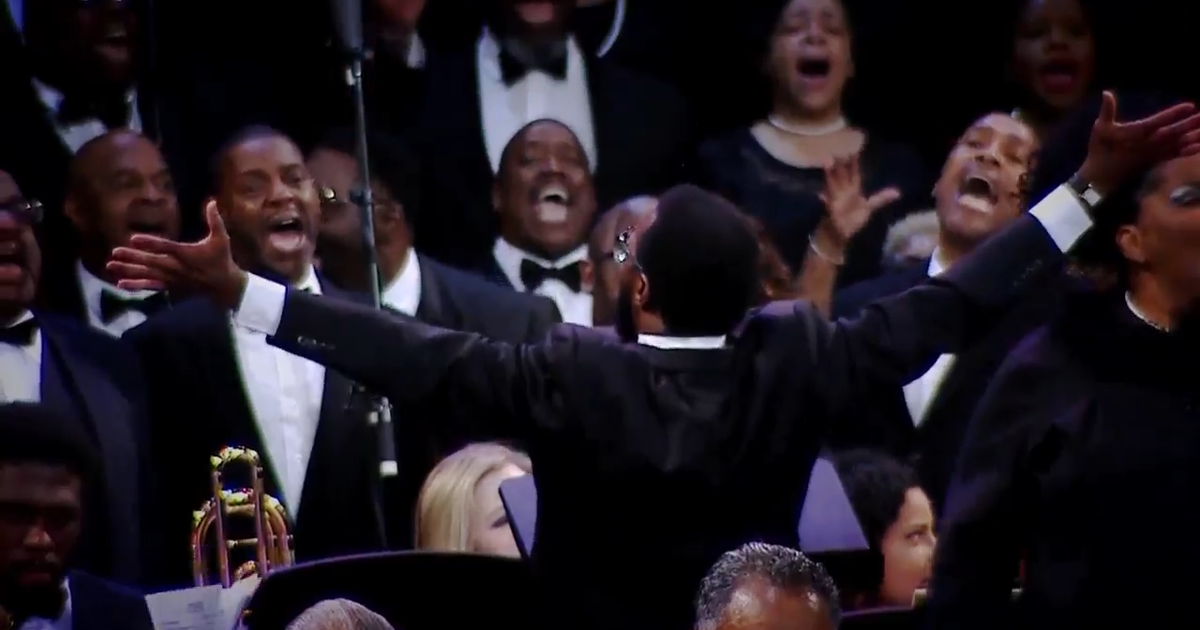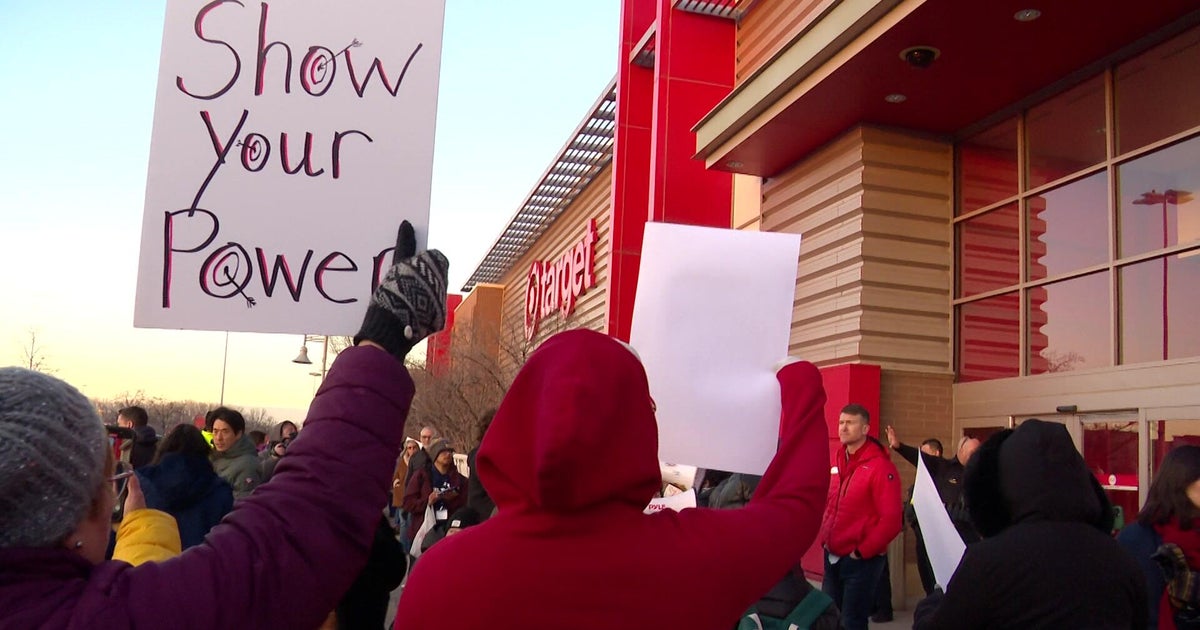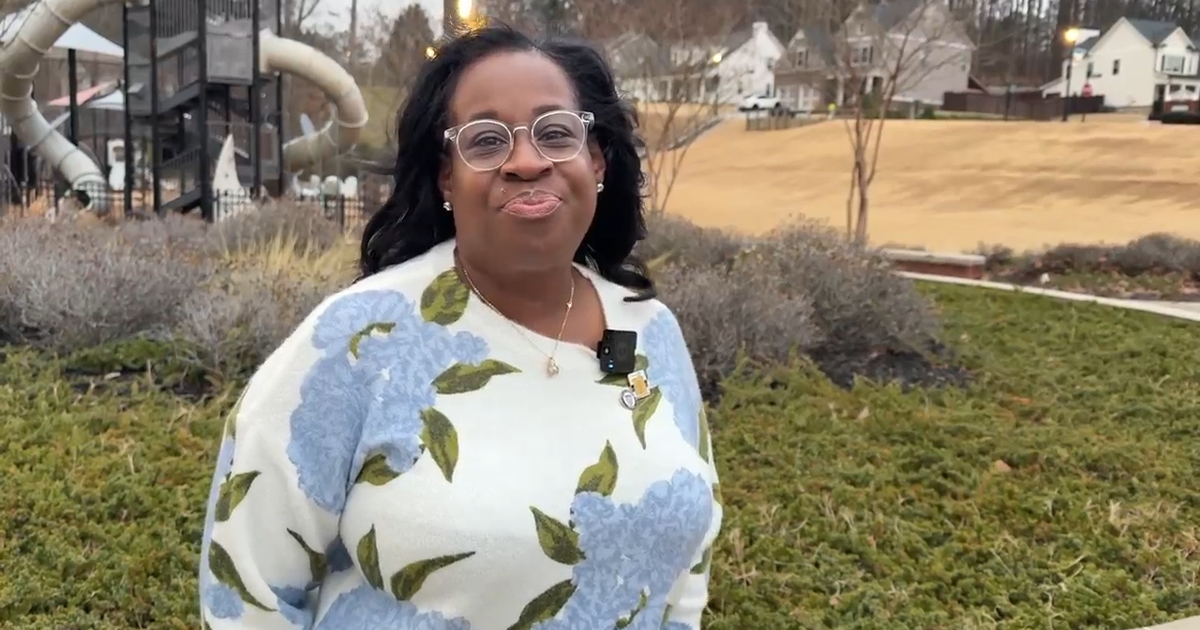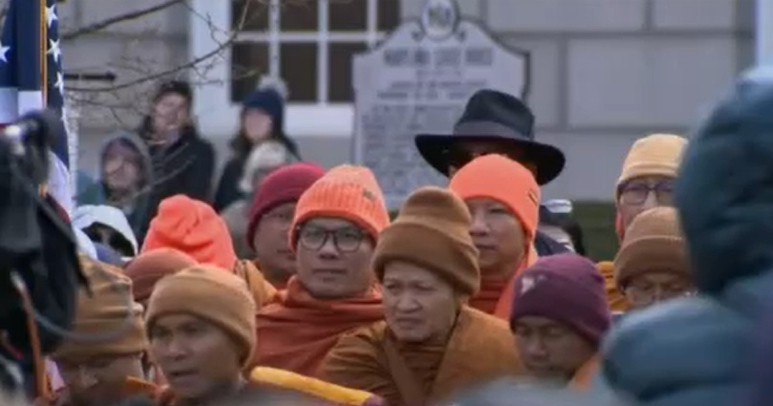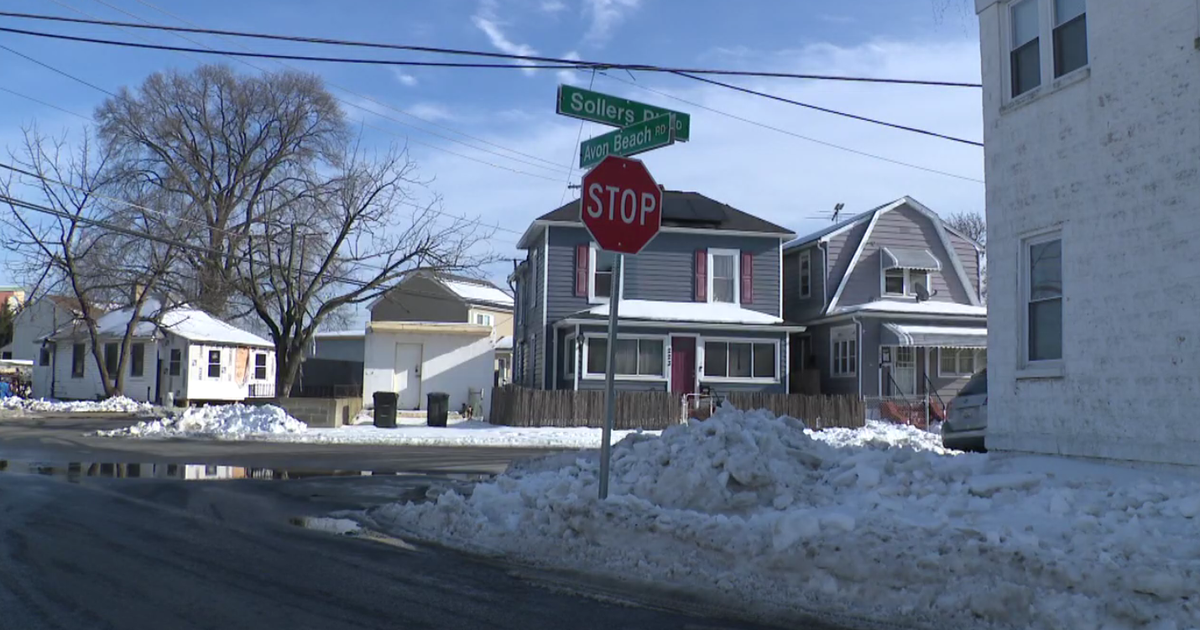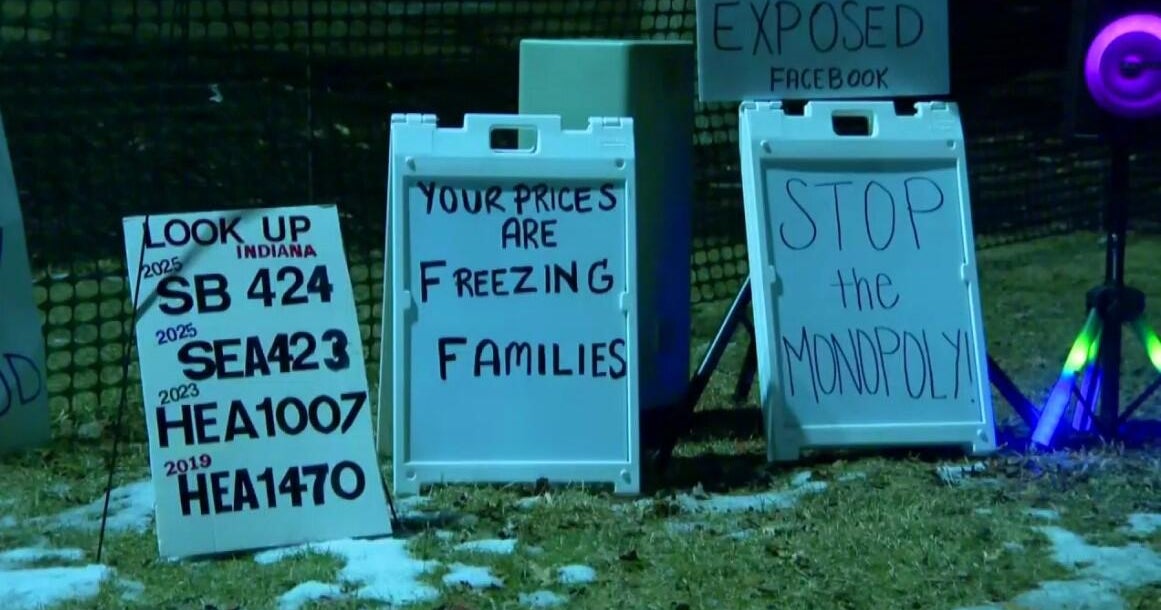Clinton Faces Protests As She Courts Black Voters
ATLANTA (AP) -- Shouting over protesters, Hillary Rodham Clinton promised black Americans she would address systemic racism, and if elected, follow in the footsteps of her predecessor, the country's first black president.
The Democratic presidential front-runner outlined her plans for criminal justice reform -- a key component of her push to court African-American voters -- facing what was supposed to be a friendly audience at Clark Atlanta University, a historically black institution. Yet just a few minutes into her remarks she was interrupted by protesters from the Black Lives Matters movement.
They sang and chanted for nearly 12 minutes several feet from the podium as Clinton tried to shout over them. Rep. John Lewis, a hero in the civil rights movement, urged them to stop, as did the musician Usher.
The group of fewer than 10 protesters eventually left the college gymnasium only after the crowd of more than 2,000, most of them young African Americans, forcefully chanted, "Let her talk!"
"I'm sorry they didn't listen, because some of what they demanded I am offering and intend to fight for as president," Clinton said and added, "We have to come together as a nation."
The incident occurred during a swing through Georgia and South Carolina as Clinton works to solidify her advantage in the African-American community, which could give her a crucial edge over Vermont Sen. Bernie Sanders in the early voting state of South Carolina. Both candidates have called for ending mass incarceration and reforming the criminal justice system in the United States, an issue that has become a rallying cry for younger black activists who will play a key role in choosing a nominee.
Clinton called for eliminating sentencing disparities between crack cocaine crimes and those that involve powder cocaine. The changes would build on a 2010 act of Congress that narrowed the disparity between crack crimes -- which are concentrated among minorities -- and powder crimes, which are more likely to involve whites. Clinton's plan would make the change retroactive, according to her campaign.
Clinton has made frank discussion about the country's lingering racism a central theme of her primary campaign, in an effort to woo the coalition of minority, young, and female voters who twice catapulted Barack Obama into the White House.
Introduced at one stop by Jesse Jackson, the longtime civil rights leader and former presidential candidate, she highlighted her history of civil rights activism, starting with her first job after law school for a child advocacy organization. And she stressed her determination to build upon Obama's legacy.
"It will be up to me assuming we get this done to be a president who builds on what we have achieved and goes even further," she said.
Lingering questions about her use of a private server while secretary of state and her role in the deadly 2012 attacks in Libya clouded some of that message in the early months of her candidacy, said Jackson, who introduced Clinton by saying: "It's healing time. It's hope time. It's Hillary Clinton."
"Hillary was always raising the right issues, but you couldn't hear it for the noise around the servers and the Benghazi issue," Jackson told The Associated Press before her Friday remarks.
"Those barriers proved to be smoke and no fire," he continued. "She's back into another zone now."
Jackson's comments are meaningful given his longstanding ties to Clinton and Sanders, her chief rival. Sanders endorsed both of Jackson's presidential bids in 1984 and 1988. And despite Jackson's long relationship with the Clinton family, he backed Obama in the 2008 primary, though his wife endorsed Clinton.
Sanders, too, has faced aggressive protests from the Black Lives Matter movement, which interrupted one of his rallies over the summer.
Clinton on Friday also proposed a legal ban on racial profiling by police.
The policy would forbid federal, state and local officers from "relying on a person's race when conducting routine or spontaneous investigatory activities," unless they have information linking a suspect to a crime. The campaign has not yet released details explaining how Clinton's idea would go beyond existing law, but cited previous congressional proposals that would make it easier for alleged profiling victims to recover damages from government agencies in civil court.
And she embraced the movement to "ban the box," or prevent the federal government and contractors from asking about criminal history during initial job applications. Studies have shown that employers are reluctant to consider applications with a criminal history, but job prospects improve for former felons if hiring managers hear about their qualifications before their criminal records.
Later Friday, she is scheduled to address an NAACP banquet in Charleston, South Carolina. It is the organization's first annual banquet since the April killing of Walter Scott, a black man shot by a white North Charleston police officer who was later fired and charged with murder, and the June massacre at Charleston's Emanuel African Methodist Episcopal Church, where a white gunman killed a pastor and eight others.
-----
Follow Bill Barrow on Twitter at https://twitter.com/BillBarrowAP
(Copyright 2015 by The Associated Press. All Rights Reserved.)
